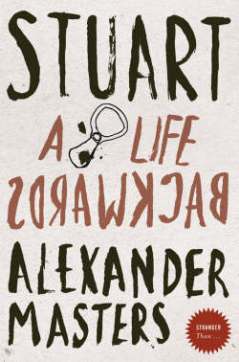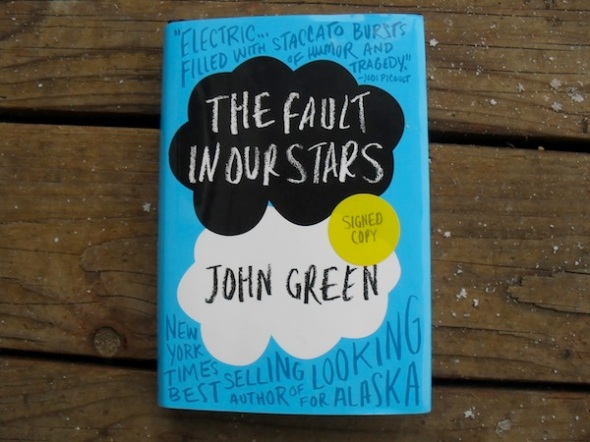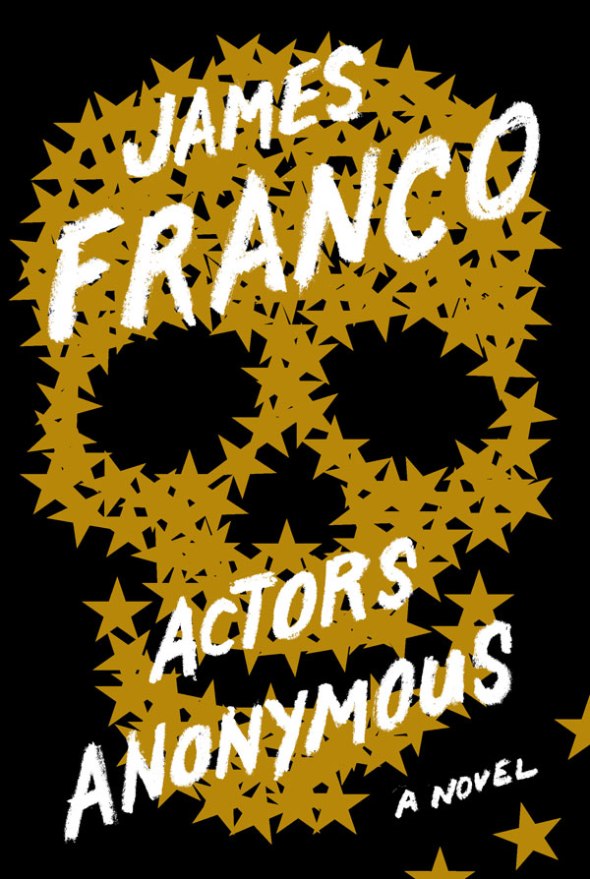Here is my review for When We Were Bad by Charlotte Mendelson on Goodreads:

What Charlotte Mendelson achieves with her great skill of writing, she loses through her storytelling. I struggled with When We Were Bad to begin with, because I just found it so confusing. With so many different characters being initially thrown at you, I had a real difficulty in remembering who was who. As soon as I was around 100 pages in, I had managed to achieve a firm grasp over who all the characters were, but introducing so many right from the beginning made it difficult for me to divulge in.
About a Jewish family, finding their devotion to each other increasingly difficult, the novel is a family-in-crisis kind of tale. It is written very well, and sentences flow into images without many problems, but as I stated before it’s the storytelling that makes it so frustrating.
A family who values truth, so infected by its own hypocrisy that the frustration boils inside you as you want to scream at the world and ask people why they don’t just talk to each other: this was very well portrayed. Each family member’s pretty, (and generally inconsequential) dirty little secrets gradually erode the family’s ‘firm’ structure, not because of its content but because of the fact that they are kept secrets. The character of Jonathan is another example of Mendelson’s literary talent; he is supposed to be hopelessly boring, and he is certainly viewed that way. The structure of his vocabulary is ingeniously designed to allude to that conclusion. He is the definition of a Daily Mail reader.
One point near the end of the book, there was a bit I didn’t quite understand (even though it was a major part of the climax), but I understand its inclusion did make sense as it was deeply rooted in the character shown by previous developments.
The book has a helpful glossary full of Jewish words that are used in the novel in order to help readers unfamiliar with such terms reach a better understanding of the character’s lives, while still using realism as a tool. Annoyingly there were a few gaps in this glossary, and as I would turn to the back of the book to find out what secrets this foreign-looking word was hiding, I would swiftly become bitterly disappointed, resorting to the distractions of my laptop instead. If you’re going to have a glossary, why wouldn’t you be thorough?
Although I may not have liked this book much, I respect Charlotte Mendelson’s talent as a writer, but her skill of literature is not as much to my taste.
You can view all my reviews and ratings on Goodreads by clicking here, or by adding me on the book social networking site.








